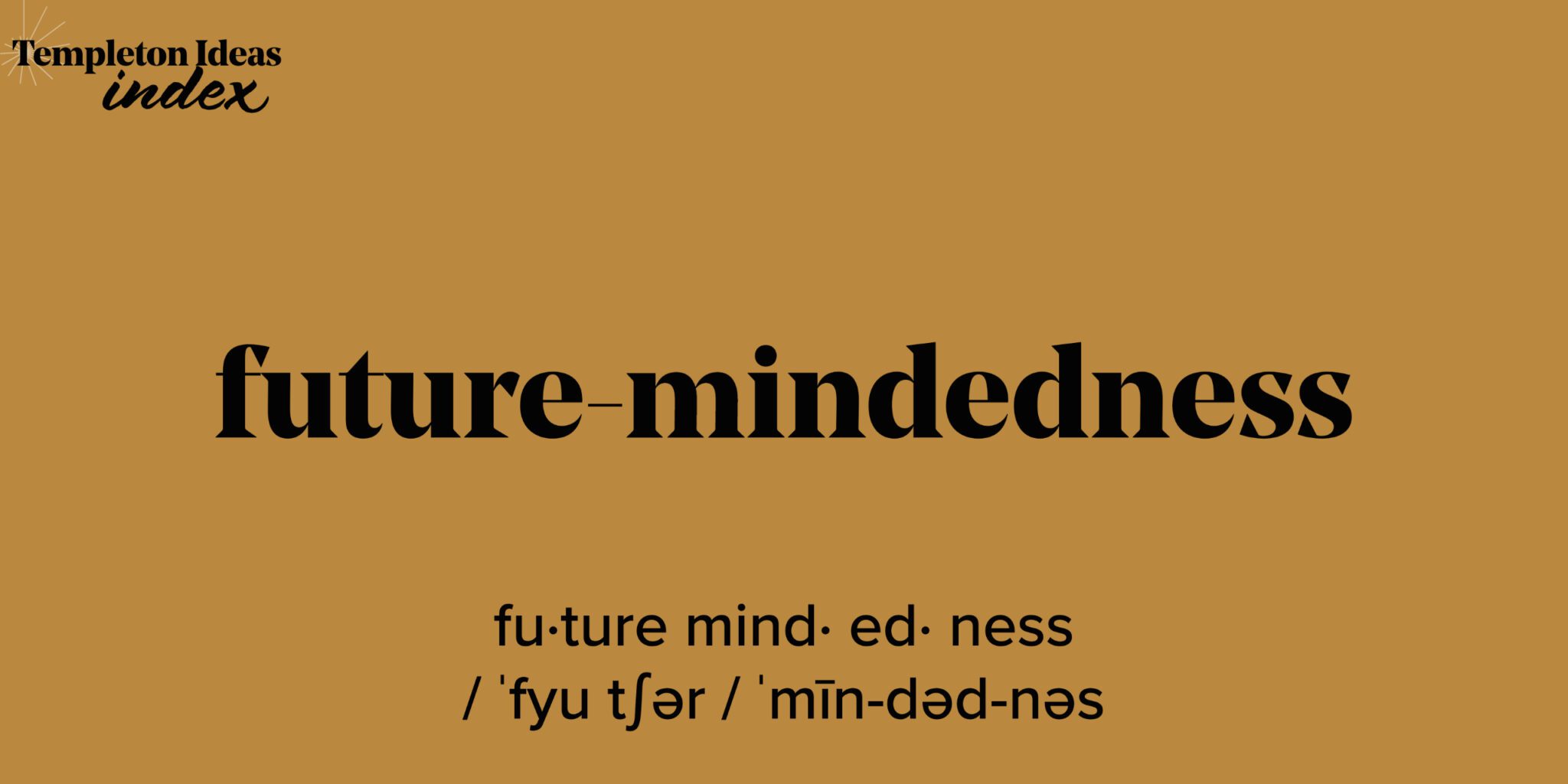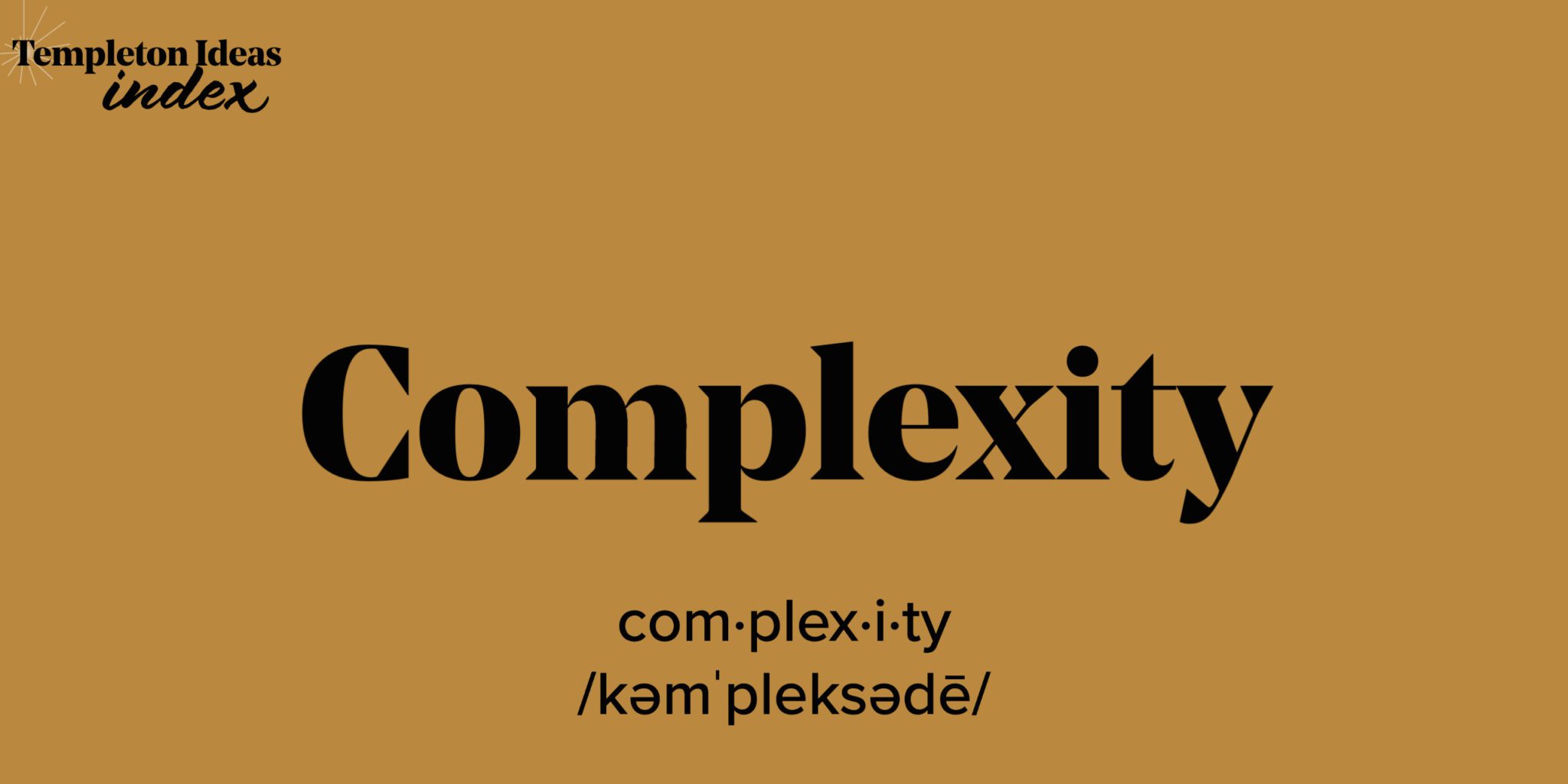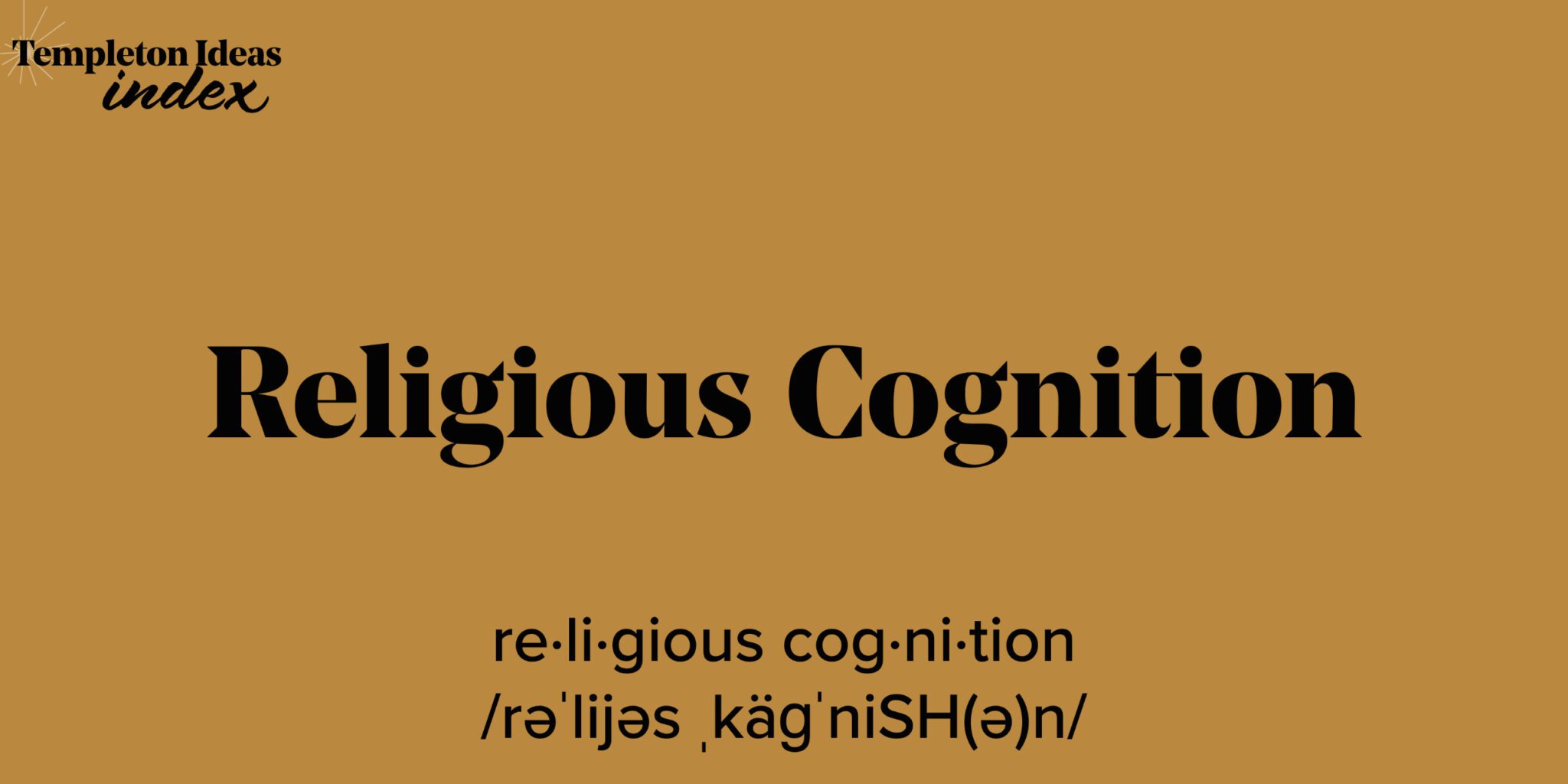Future-mindedness, or prospection, is the ability to envision and think about the future.
It’s something that so many organisms do that it’s been described as a core organizing principle of animal and human behavior. Countless animals use prospection to adapt their behavior to their environments, allowing them to improve their chances of finding food or a mate, and to avoid danger. It’s also something humans seem to be especially good at: thinking about the future helps us make decisions, set and achieve goals, and cultivate cooperation and generosity.
How Does Prospection Work?
Thinking about the future is closely tied to memory. Knowledge of the past is a critical ingredient for predicting what might happen next. Studies show that people asked to envision specific future events occurring in a familiar setting like their home describe the events with more sensory details like sounds, smell or visuals then they do when prompted to imagine the same events happening in an unfamiliar place. In terms of brain function, prospection is thought to deeply involve the brain’s “default mode network,” which is active when people are not engaged in particular tasks. This suggests that prospection is a way of keeping our minds active and attentive during downtime by engaging in “mental time travel” to simulate and prepare for possible future scenarios.
How Is Envisioning the Future Helpful?
A fundamental use of prospection is in evaluating which actions to take or to avoid. Studies in rats and humans have examined the parts of the brain used in navigation, highlighting the close connection between remembering locations and simulating expected actions. Beyond simpler tasks like planning routes, multiple studies have shown that how we think about the future (and about our future selves) can influence all kinds of decisions.
For instance, many of us underestimate the value of future benefits—it’s easy to feel the present opportunity cost of saving for retirement but harder to internalize the future benefits of increased savings. But by actively thinking about and identifying with our future selves, we can counteract that tendency and and properly evaluate tradeoffs. When we feel more connected to our future selves, we become more willing to delay gratification for a greater reward.
Does Future-Mindedness Change as We Age?
While infants show very basic abilities to think about the future, children make a leap between ages three and five in their future-mindedness. One study found that at least one aspect of prospection — the ability to create detailed descriptions of past and future episodes — may peak around age 21 before declining. Failing to think about the future enough, or thinking about it in detrimental ways could contribute to and may even cause conditions including depression, addiction, anxiety, and ADHD. But a growing body of studies suggest that there are techniques that can help people practice and improve their prospection in order to encourage psychological growth and alleviate symptoms of certain disorders.
The Future of Future-Mindedness
Many basic questions about the nature of prospection have yet to be fully worked out, including how different forms of future-mindedness (from mind-wandering to delay discounting) relate to each other and function at the neurological level. Researchers are also beginning to investigate factors that influence individual and group differences in prospection. For instance, people in Western countries tend to use more detail when simulating future events than do people from East Asian countries, and women tend to use more detail than men. Why might these discrepancies occur and what differences do they make in people’s lives? We also need to build out our understanding of what happens when prospection goes wrong — when mind-wandering becomes depressive rumination, or when people’s ability to think about the future wanes due to mental disorders or the simple fact of aging.
Still Curious?
Read more about how we can feel more connected to our future selves — and why we should want to.
The Greater Good Science Center has a detailed white paper on Future-Mindedness, commissioned by the John Templeton Foundation.
University of Pennsylvania Positive Psychology Center has established Prospective Psychology to further the science of prospection.




